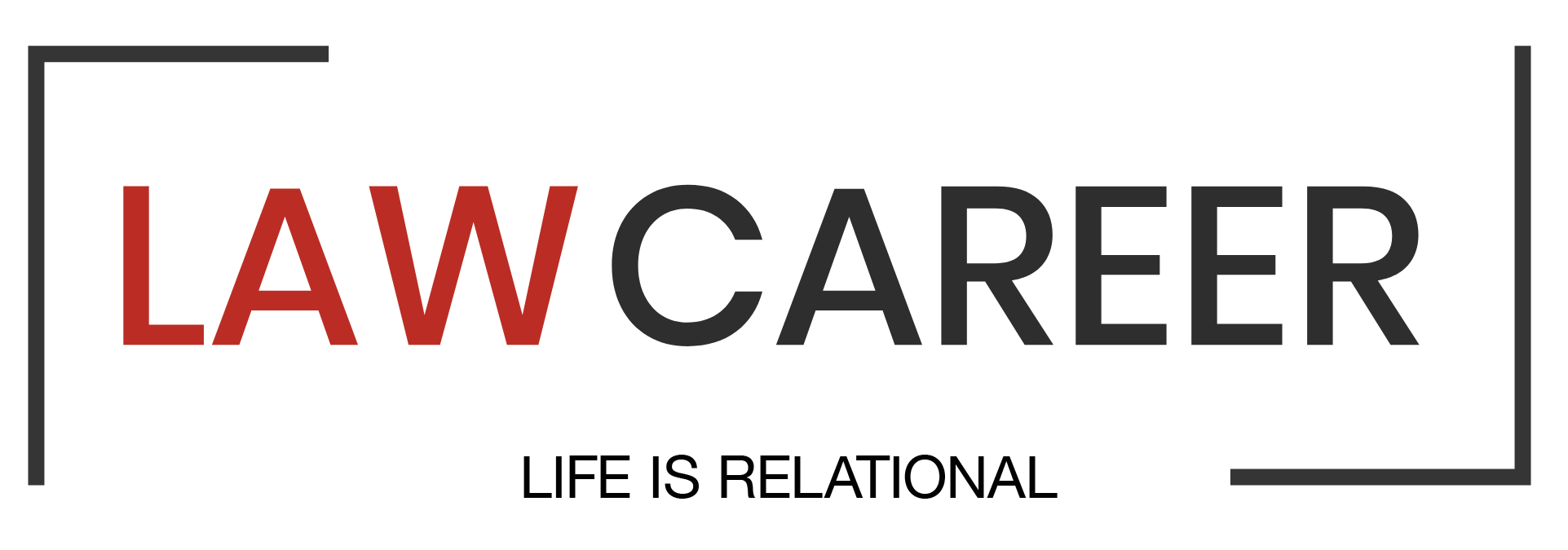For many lawyers, free time feels like a luxury. Between demanding clients, court deadlines,business development pressure, and constant connectivity, most assume that joy must wait untilthe weekend or even retirement. But new research from Harvard Business School suggests thatthe key to greater happiness is not having more time. It is how you use the time you alreadyhave. In a 2025 study of nearly 2,000 busy professionals, researchers found that people who felt themost fulfilled did
AI is no longer a buzzword, it has become an everyday reality. And for legal recruiters, it’s not here to take your job, it’s here to make your job better. Talent Engines was built from the ground up in AI, and our Talent Advisors and Recruiters utilize its many advantages AI isn’t replacing recruiters or hiring managers. Instead, it’s becoming a tool used to support better decisions, reducing time consuming tasks, and helping law firms
Lateral movement remains one of the most common ways lawyers try to accelerate their careers.In 2023, nearly 11,000 attorneys changed firms, according to data from Leopard Solutions. Thatrepresents a 13 percent increase from the previous year. But not every move delivers the resultsattorneys expect. Many lawyers leave their new firms within two years. So what makes a lateraltransition actually worthwhile? First, timing plays a major role. Midlevel associates between their third and sixth years make
In 2025, law firms are increasingly turning to remote associates as a smart way to grow while also cutting costs, improving flexibility, and accessing broader talent. But while this setup brings real advantages, it’s not perfect. Many remote associates miss out on in person mentorship, casual learning, and the day-to-day connections that come from being in the office. Especially for junior lawyers, the absence of face time can slow development and limit opportunities to build
Technical skill has always been the baseline for legal success, but it no longer sets attorneysapart. As client needs evolve and firms adapt to a more competitive market, new priorities arequietly shaping hiring and promotion decisions. Client development is becoming essentialA recent study by BTI Consulting found that about 70 percent of law firm leaders now rankclient relationship skills above legal knowledge when assessing high performers. This shift isinfluencing how mid-levels are evaluated, not just
Hiring great legal talent is just the first step, retaining great legal talent is the hallmark of a great firm. If you’re not thinking about retention from day one, you’re falling behind. Firms spend a lot of time and money recruiting the right attorneys, but oftentimes, the energy stops once the offer is accepted. The result is that the new hire feels unsupported, unsure, and in some cases, they start looking elsewhere before they’ve even
The legal profession has long rewarded intensity. Long hours, late nights, and an always-onmindset may seem like the norm in the field. But for many lawyers, this pace isn’t justunsustainable, it’s costly.Recent data from Bloomberg Law found that more than 50% of lawyers under 40 are eitherexperiencing or at high risk for burnout. Among women and attorneys of diverse backgrounds,that rate is even higher. And while the profession has made some cultural strides, the economicmodel
When looking for new talent, it’s easy to resort to the familiar ways when it comes to hiring like prioritizing top law schools, recognizable firms, and polished resumes. But if your firm is only looking for talent in the same places you always have, you might be missing out on the associate who will truly stand out. Today’s legal talent is much more diverse, broader, and capable than ever, but it is essential that you
Every year, thousands of talented students enter law school expecting their hard work to translate into success. But the legal field is more competitive than most realize. To rise, you need more than a solid résumé and long hours. Many lawyers, even graduates from top law schools, overestimate their odds of breaking into elite firms. A recent article from BCG attorney search explains why less than 20% of graduates land jobs at large firms—and even

